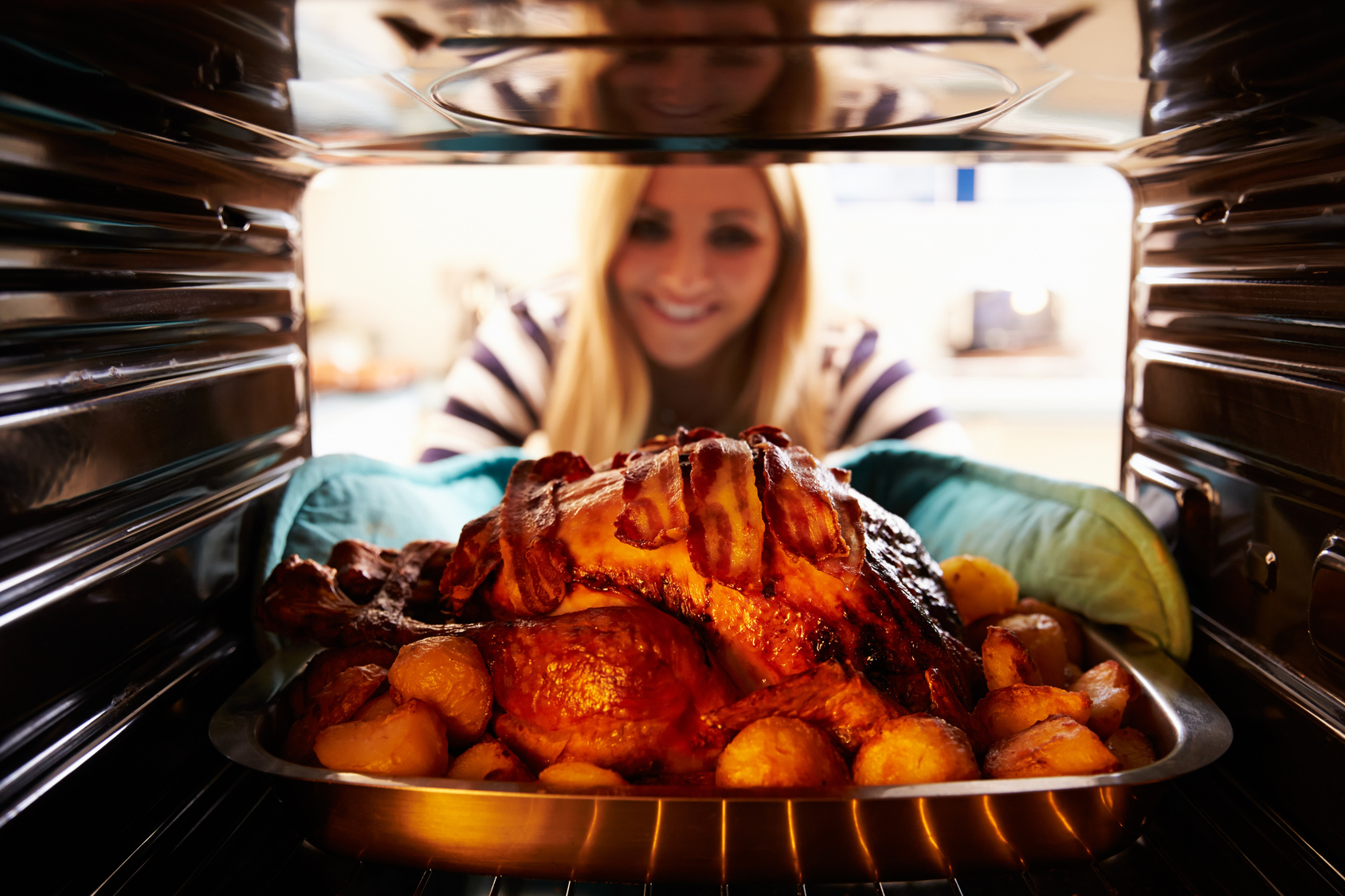
Holidays are stressful at the best of times. But when you’re newly-divorced? Being single during the holidays for the first time in years adds a whole new element of pressure. How do we let some of the pressure go? We open the lid!
Here are my top 5 strategies for promoting self-care during your first post-divorce Thanksgiving.
Lower your expectations
Part of the disappointment surrounding the holidays comes from having unrealistic expectations that this year will be better or different than years before. But really, it’s about being grateful. And it just a day. It’s a meal where everyone eats too much and relaxes far too little.
Be open to new traditions
Getting your groove back after a divorce is all about new traditions and doing the right thing for you and your children. Thanksgiving is one day a year and the weekend can be shared. If Thanksgiving has never been important to you, don’t make it important now. If it is important, then try to share or trade off. No one solution works for every family. If you and your ex are on good terms, you might have the dinner together. At least the first year. It will give your children continuity even if you and your ex are uncomfortable. And I think all parents will agree: their children’s comfort is always more important than their own.
When I was younger, I spent a long weekend with a dear friend whose parents were divorced. The first meal was with her father and his new wife at noon. Everything was puréed and no sugar added. I was starving and ate my fill of the less-than stellar spread. But my friend neglected to warn me to save room for her Mom’s gourmet Thanksgiving dinner later in the day!
That’s one way to do it. Negotiation is key. And no matter how angry or hurt you are, remember that you loved this person once. You had children with them. Try to offer them the kindness and common courtesy of a total stranger.
For the first few years after our divorce, my ex and I had holidays with our children. Not his family and not my family. We actually celebrated just the 4 of us. It wasn’t always pleasant or comfortable but it was what we thought was best for our children. The divorce wasn’t their doing and we wanted to make that clear from the beginning and reinforce that notion whenever possible by sucking it up and making the holidays as special as they always were.
Give yourself a break
Thanksgiving is usually a family holiday. But maybe your family totally stresses you out. Maybe they looooved your ex and they make you feel guilty for the split. Just because you’re related to these people doesn’t mean you have to spend Thanksgiving with them. Your family loves you but that doesn’t give them an open forum to expound on your perceived mistakes. It is your choice to be somewhere else.
And if the turkey has been served at your house every year for the past twenty years, take a year off. Let someone else plan, cook, and serve the dinner. And if you do attend, make sure people know that your personal life is not on the menu.
Make alternative plans
Is the beginning of the holiday season as a divorcee bringing up too many emotions? Why not volunteer at a soup kitchen instead? Many charities, churches, synagogues, and other houses of worship have a great need for help during the holidays. Retirement facilities would greatly appreciate someone willing to be there during the long Thanksgiving weekend as well. Sometimes focusing your energy outwards is the key to ending the wallowing.
If volunteering is too big a leap for you, how about attending someone else’s holiday meal? Community Thanksgiving meals are common. Find out what’s going on in your town!
Attend a friend’s holiday meal
Most hosts would love to have another pair of adult hands assist them. And other peoples’ family dysfunction isn’t nearly as awkward, painful, or stressful as the one you were born into. It might even be way more entertaining. The food might be better too.
When people begin talking holiday plans at work, let them know you need a place to be.
Let your friends know with a phone call, Facebook, or email that you are looking for a place to hang your hat on Thanksgiving. Dealing with divorced friends can be awkward for people … they often don’t know if inviting you alone will bring up emotions. They don’t want to rock the boat. So make your intentions clear. Make this Thanksgiving what you want it to be.
And never stop reminding yourself: Thanksgiving is one day. (Tweet it!)
24 hours. A Thursday in November. You are not in fourth grade and this isn’t a classmates’ birthday party. Figure out where you want to be. And if staying home in your sweatpants with a turkey sandwich while binge watching Ray Donovan is where you want to be … more power to you!



